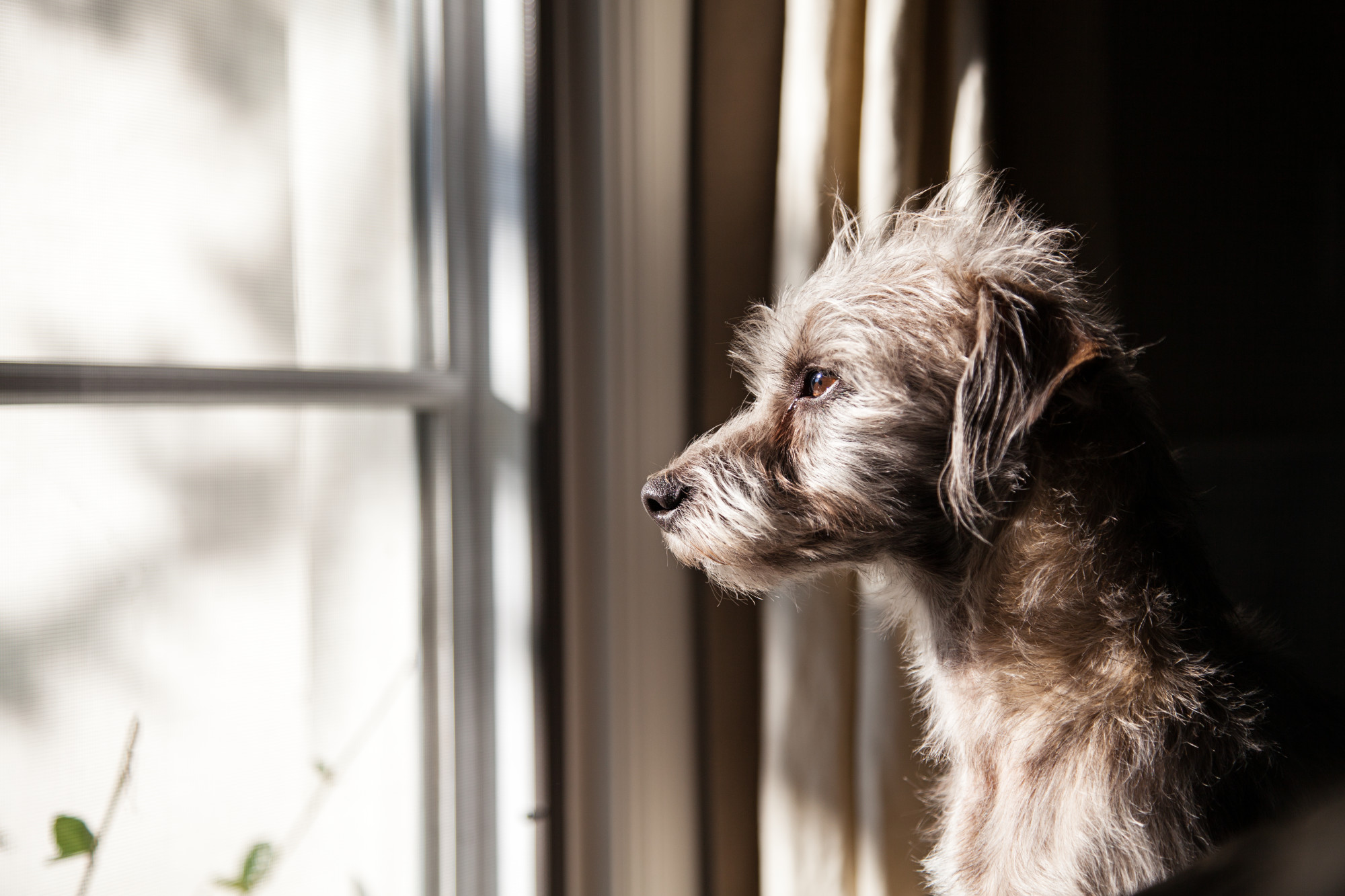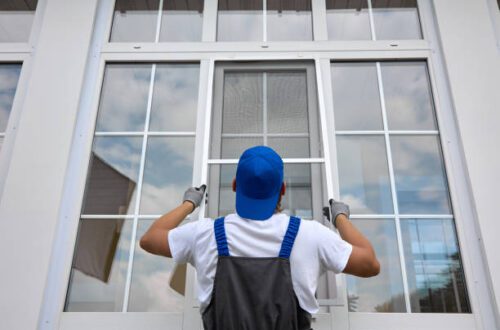We may not think about it, but every day we do something that could cause a fire to engulf our home. We take this risk when we cook our meals.In fact, unattended cooking is the main culprit when it comes to fires in our homes.
You want to make sure this doesn’t happen in your home. We’ve prepared this informative guide on how to prevent kitchen fires in your home.
Luckily, there are many ways to prevent these fires to protect your home and your family.
Here’s what you should know:
1. Be in a Condition to Cook
Don’t cook until you are in a condition to do so. For example, if you are working from home and are busy with a project, finish the project first. Or, you can take a break from your work.
You should never run back and forth from your office to the kitchen. It’s likely you’ll forget about the heated stove—and before you know it, a fire erupts!
You should also not cook if you are in a hurry to leave the kitchen. If you need to rush out of your kitchen, you’ll likely be running to and fro from the kitchen to another room. Eventually, you’ll spend too much time in the other room and your kitchen will be set ablaze.
You should also avoid cooking when you are fatigued, drowsy, drunk, or under the influence of any drug or medicine.
2. Clearing Your Cooking Surface
Before cooking anything, you want to check if your cooking surface is clear. You never know what fires can immediately spread because of kitchenware, food, debris, etc. lying around.
You want to make sure that your cooking surface is clear of the following:
- Cooking utensils (spatulas, ladles, tongs, etc.)
- Cutlery
- Food debris—including small crumbs
- Oil and grease
- Paper and plastic goods including bags and wraps
After you finish cooking, make sure to clear your cooking surface so that it’s ready for your next cooking session.
3. Have the Right Appliances
You have to make sure you have the right appliances. Always choose an appliance from a name brand and that’s in good condition. Ideally, you should always purchase new appliances as opposed to used appliances.
Appliances such as your dishwasher and refrigerator can catch fire. These can spread rapidly and set your entire kitchen ablaze. You want to read the safety instructions for all appliances that you purchase.
4. Personal Safety
You want to also think about your own safety while cooking. There’s a possibility that you can catch fire and spread this fire throughout your kitchen.
For example, you should never wear loose-fitting clothing while cooking as it can catch fire without a moment’s notice. Shirts should be tucked in prior to cooking. If you have long hair, tie it in a bun or ponytail.
You should also make sure that pets and small children are away from the kitchen while you cook. If they roam around the kitchen often, you might want to use the back stovetops for cooking so that your pots/pans are out of reach.
5. Putting Out Fires
While we hope this never happens, we recommend that you educate yourself on putting out fires. You should install a smoke alarm in your kitchen and throughout your home. You should also buy a fire extinguisher and keep it in your kitchen.
You can also invest in fire blankets to throw on large flames before it spreads. You should also educate the other members of your home on how to put out fires if they erupt.
If your kitchen does catch on fire and your home gets damaged, you have to find a great Cleanup and Total Restoration service.
6. Fry Wisely
If you need to fry your food then you must take extra precautions. Oil can spark when it’s under high heat. Make sure that you gradually increase the temperature while you cook.
You should also use a thermometer to make sure that the temperature doesn’t go above 375 degrees Fahrenheit. If it does, there is an increased likelihood of a spark that turns into a flame.
If you see that the temperature rising at a rapid rate and that smoke is emitting, then turn off the gas. Then, you should keep the pot/pan on an unused stovetop.
You should also keep a fan on in the kitchen while cooking on high heat.
7. Handle With Care
Keep your handles from your frying pans pointed toward the wall. This way, a passerby (or you) won’t knock over a pan by running into the handle.
You also want to make sure that your hands are dry while cooking. In the event where you have to pour olive oil, seasoning, or any other ingredient into your pot/pan, you want to make sure you don’t drop the bottle into the pot/pan!
If your hands have the slightest amount of grease, you can drop a plastic olive oil bottle into your frying pan and cause a flame to erupt!
8. Best Practices
You should have a routine when it comes to your cooking. Just as you make sure your doors are locked each night and before you leave your home, have a similar routine with your kitchen.
Before you leave your home and before you go to bed, check that your kitchen is clean. Make sure that the stove is off. Check regularly if you need to replace your fire extinguisher.
You have to clean your kitchen on a regular basis. If you ever have an electrician to inspect your home, ask them to have a look if there are any potential hazards in your kitchen.
You also want to keep records of when you purchased your appliances. If they are aging, then you should research replacement appliances.
Now You Know How to Prevent Kitchen Fires
Now that you know how to prevent kitchen fires, you can take precautions to avoid them in your home. Please make sure to share this crucial information with your friends and family.
For more great content on looking after your home, check out the other articles on our website.






